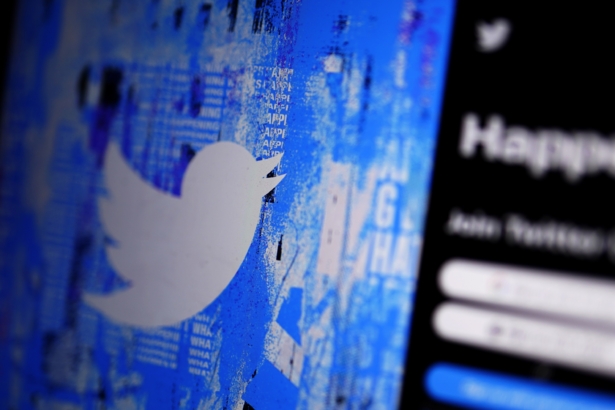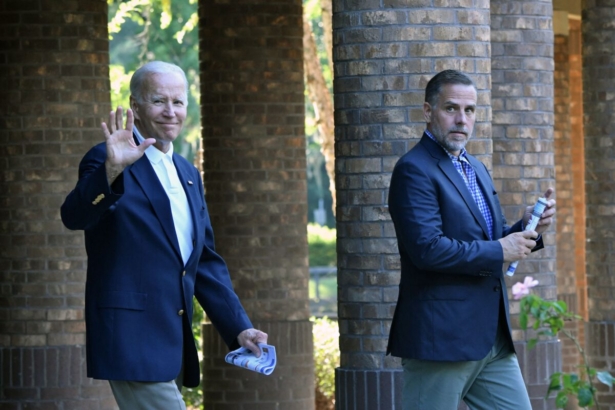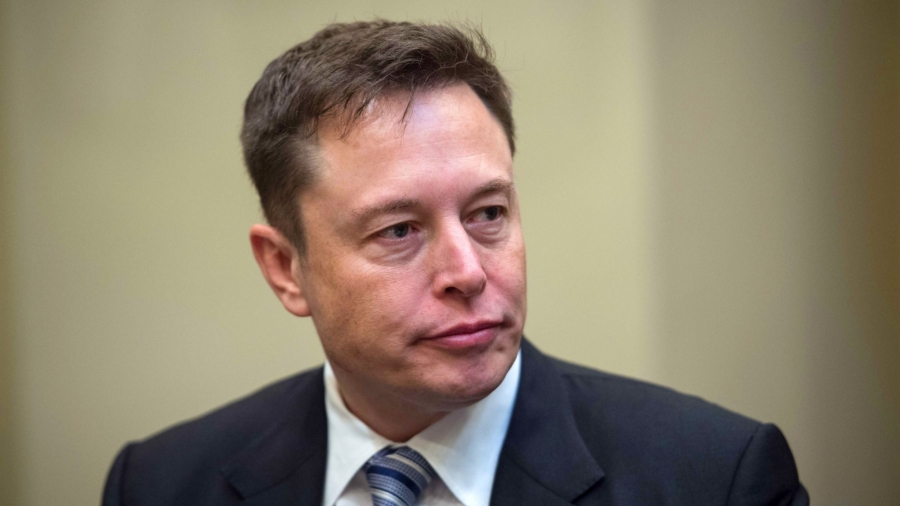Elon Musk has confirmed that political candidates were shadow banned by Twitter while running for office, in the latest revelation on the social media giant’s meddling in conversations of public interest, including by putting disfavored users on blacklists and suppressing distribution of their tweets.
Following the release of the second part of the “Twitter Files,” which revealed the social media giant put users on secret blacklists and used other shadow banning tools, Musk was asked by political commentator Ian Miles Cheong if political candidates were also subject to such censorship.
“So here’s a question for @elonmusk and @bariweiss: were any political candidates — either in the US or elsewhere — subject to shadowbanning while they were running for office or seeking re-election?'” Cheong asked in a tweet, tagging both Musk and journalist Bari Weiss.
“Yes,” Musk replied, confirming that Twitter has, as many have alleged, put its finger on the scale of conversations that were of importance to public interest, including in the context of elections.
The Epoch Times has reached out to Twitter for comment.

Twitter ‘Has Interfered in Elections’
Musk did not go into further detail but he has previously said that Twitter had “failed” to be impartial in content moderation and “interfered in elections.”
“The obvious reality, as long-time users know, is that Twitter has failed in trust & safety for a very long time and has interfered in elections,” Musk said in a Nov. 30 post on Twitter.
In that message, Musk was responding to criticism from Twitter’s former head of site integrity Yoel Roth, who said during a recent interview at the Knight Foundation conference that he didn’t believe safety had improved on Twitter after Musk’s takeover.
Roth also said that he thinks Twitter blocking the explosive Hunter Biden laptop story ahead of the 2020 presidential election was a mistake.
In the run-up to the 2020 election, the New York Post published a story about a laptop abandoned at a computer repair shop that purportedly belonged to Hunter Biden and contained emails suggesting that then-candidate Joe Biden had knowledge of, and was allegedly involved in, his son’s foreign business dealings.
President Joe Biden has repeatedly insisted he had no knowledge of or involvement in his son’s business operations.

‘Secret Blacklists’
Weiss, founder and editor of The Free Press, released the second volume of the so-called “Twitter Files” on Dec. 8, revealing the social media platform’s “secret blacklists.”
Weiss has been working with Musk and independent journalist Matt Taibbi to disclose internal Twitter information regarding censorship.
The Twitter Files, Part Deux!! ?? https://t.co/bH9UiTSEK2
— Elon Musk (@elonmusk) December 9, 2022
Twitter’s censorship methods, according to Weiss, included placing specific users on a “Trends Blacklist” or a “Search Blacklist.”
The popular Libs of TikTok account, as well as Dr. Jay Bhattacharya, professor of medicine at Stanford University School of Medicine, are among the users who were secretly added to the “Trends Blacklist” by the company.
Bhattacharya was put on the list because he stated that children would be harmed by COVID-19 lockdowns. This action stopped his tweets from trending, Weiss said.
Conservative talk show presenter Dan Bongino was also put on a so-called “Search Blacklist,” Weiss disclosed.
Weiss also noted that conservative activist Charlie Kirk, founder of Turning Point USA, was put on a “Do Not Amplify” list.
4. Or consider the popular right-wing talk show host, Dan Bongino (@dbongino), who at one point was slapped with a “Search Blacklist.” pic.twitter.com/AdOK8xLu9v
— Bari Weiss (@bariweiss) December 9, 2022
The second installment comes just a week after Taibbi published, with Musk’s endorsement, details about the social media platform’s decision to suppress the New York Post’s report on the contents of a laptop tied to Hunter Biden.
Republicans had long accused Twitter—and some media outlets—of suppressing the Hunter Biden laptop story, which included reporting that bolstered claims that the president lied when he said he had no involvement in his son’s overseas business dealings.
In order to suppress the Hunter Biden report, Twitter executives marked it as “unsafe,” limiting its spread, and even blocking it from being directly shared via the platform’s direct message function, Taibbi said in comments on the first installment of the disclosures. He also noted that such extreme restrictions were normally reserved for content such as child pornography.
‘Shadow Banning’
Weiss, in comments on the latest Twitter Files release, detailed various ways that Twitter employees acted to suppress speech on the platform.
“A new #TwitterFiles investigation reveals that teams of Twitter employees build blacklists, prevent disfavored tweets from trending, and actively limit the visibility of entire accounts or even trending topics—all in secret, without informing users,” Weiss said on Twitter.
“Twitter once had a mission ‘to give everyone the power to create and share ideas and information instantly, without barriers.’ Along the way, barriers nevertheless were erected,” she added.
1. A new #TwitterFiles investigation reveals that teams of Twitter employees build blacklists, prevent disfavored tweets from trending, and actively limit the visibility of entire accounts or even trending topics—all in secret, without informing users.
— Bari Weiss (@bariweiss) December 9, 2022
Rank-and-file employees and executives at Twitter referred to so-called “shadow banning” as “visibility filtering” or “VF,” according to Weiss, who said multiple “high-level” sources confirmed this at Twitter.
Weiss’s report, published on Twitter, confirmed that the social media company deployed its so-called visibility filtering to make it hard for users to search for specific individuals—in other words, to blacklist their accounts.
The visibility filtering tool also limited the scope of a specific tweet’s discoverability, prevented certain users’ tweets from ever appearing in the “trending” section, and blocked them from appearing in hashtag searches, according to Weiss.
“All without users’ knowledge,” she wrote.
‘We Do Not Shadow Ban’
Weiss noted in her report that former Twitter executives had previously asserted in 2018 that the company did not target accounts with shadow bans based on their political views.
“Twitter denied that it does such things,” Weiss wrote, citing Vijaya Gadde, Twitter’s former head of legal policy and trust, as well as Kayvon Beykpour, Twitter’s former head of product.
“We don’t ‘shadow ban,'” Beykpour wrote on Twitter on July 26, 2018.
Gadde used Twitter’s “Quote Tweet” function to add to Beykpour’s assertion.
“Favoring one specific ideology or belief goes against everything we stand for,” she wrote.
In a joint blog post, Gadde and Beykpour wrote: “We do not shadow ban. You are always able to see the tweets from accounts you follow (although you may have to do more work to find them, like go directly to their profile). And we certainly don’t shadow ban based on political viewpoints or ideology.”
— Elon Musk (@elonmusk) December 9, 2022
Much as in the case of the first part of the Twitter Files where Musk and Taibbi teased further disclosures, Weiss noted that there is “more to come on this story.”
“We’re just getting started on our reporting. Documents cannot tell the whole story here,” she said.
A third report on the “Twitter Files” will be published by Taibbi, Weiss said.
Caden Pearson contributed to this report.
From The Epoch Times


